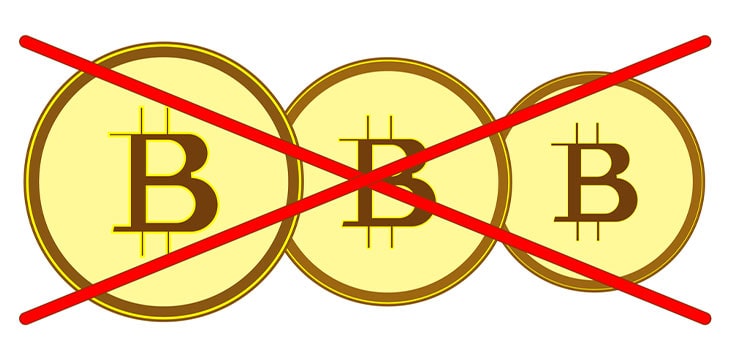|
Getting your Trinity Audio player ready...
|
The Banking Commission of Central Africa (COBAC), Central Africa’s regional banking regulator, has seemingly opposed the adoption of Bitcoin as legal tender by one of its member states, the Central African Republic (CAR).
COBAC oversees the banking sector of the six-nation Economic and Monetary Community of Central Africa (CEMAC). According to a Reuters report, the body has issued a notice to member nations, reminding them that there is a standing ban on digital currencies in the region.
The body reiterated that the ban was put in place to ensure financial stability in the region. As part of the ban, banks operating in the region are prohibited from holding, exchanging, or converting digital currencies. They are also prohibited from settling digital currency transactions and using digital currencies to evaluate assets or liabilities.
“In order to guarantee financial stability and preserve client deposits, COBAC recalled certain prohibitions related to the use of crypto-assets in CEMAC,” the notice said.
The Central African Republic responds, highlighting its sovereignty
The notice is a followup to a special board meeting the body held on May 6 to brainstorm the impact of digital currency adoption. The Central African Republic (CAR), a member nation of CEMAC, which adopted Bitcoin as legal tender back in April, has responded to the notice.
While speaking to Reuters, government spokesperson Serge Ghislain Djorie said that despite being aware of the notice, COBAC was yet to officially issue it to the CAR. However, he highlighted that the sovereignty of the CAR to make its own decisions needs to be recognized.
“We are waiting for the document to be officially transmitted before we can respond. It must be understood that each state has sovereignty,” Djorie said.
Meanwhile, COBAC has not been the only watchdog to raise concern over the risks posed by digital currencies in the region. The International Monetary Fund (IMF) issued a warning to CAR shortly after the country’s president announced its plan to make Bitcoin legal tender.
The IMF stated that the country lacks the financial and communication infrastructure for such a move. And that it should not look at digital currencies as a magical cure for all a country’s problems. The IMF noted that it is willing to help guide the country navigate the decision.
Notably, COBAC’s notice to its member nations is also coming at a time when the digital currency market has nosedived in market capitalization.
Watch: CoinGeek Zurich panel, Blockchain & the Future of Africa

 02-24-2026
02-24-2026 




